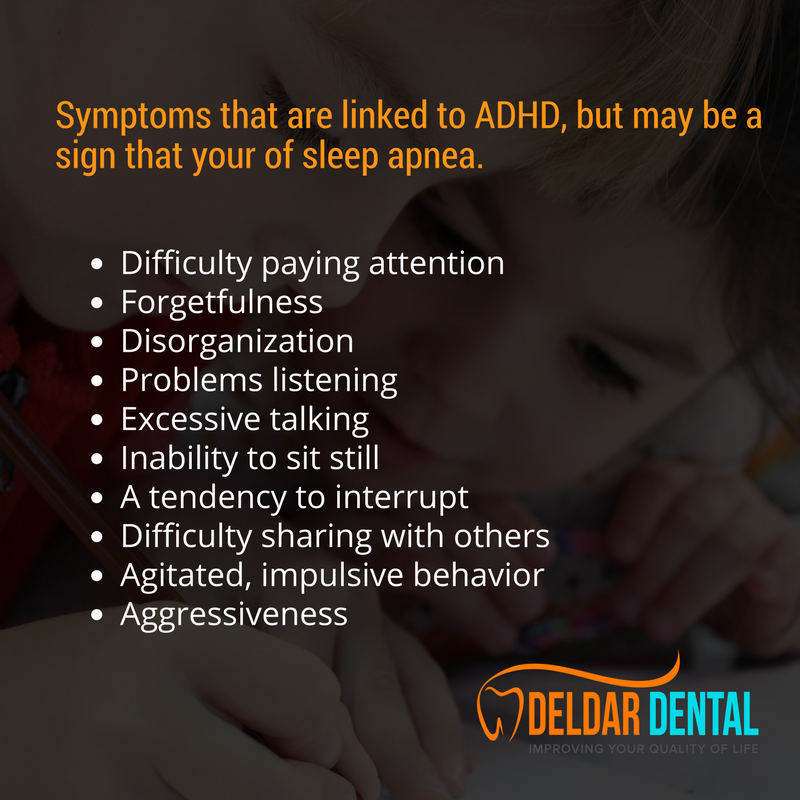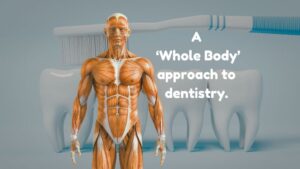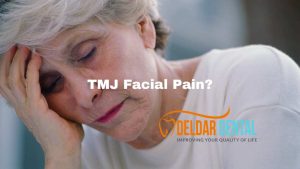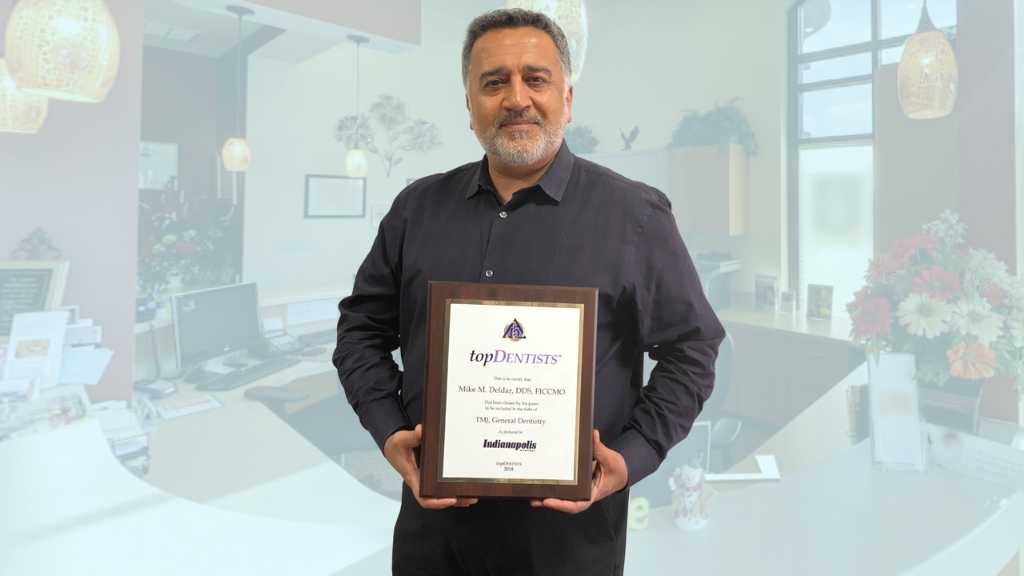Is it just me or are more and more children being treated for ADHD?
Unfortunately, what many in the medical community haven’t been aware of until recently is that there is a link between sleeping disorders and behavioral disorders.
Recent studies have shown that there is a strong link between sleep apnea and many behavior problems in children. This means that your child might not be suffering from actual ADHD. Instead, they may be suffering from the symptoms of ADHD from sleep apnea.
What else do the studies show? And how can we help our children?
ADHD from Sleep Apnea – the Links Between Sleep Disorders and ADHD
Multiple studies have been performed by sleep scientists over the past decade which shows that there is a definite link between ADHD and sleep apnea.
One study found that children suffering from sleep apnea often had higher incidences of learning difficulties, as well as lowered academic performance.
Another study of over 11,000 children found that children as young as six months old can display symptoms of behavioral disorders. This study also found that by age seven, children with obstructive sleep apnea (OSA) were 40%-100% more likely to display behavioral problems similar to ADHD symptoms.
As parents, what symptoms should we watch out for? The following symptoms are usually linked to ADHD, but may be a sign that your child is suffering from sleep apnea.
- Difficulty paying attention
- Forgetfulness
- Disorganization
- Problems listening
- Excessive talking
- Inability to sit still
- A tendency to interrupt
- Difficulty sharing with others
- Agitated, impulsive behavior
- Aggressiveness.
Just what is obstructive sleep apnea?
OSA is a condition in which the muscles in the throat relax so much during sleep that they block your airway. Throughout the night, breathing repeatedly stops and starts, preventing oxygen from getting to the brain. It is a very serious condition, one that is potentially life-threatening.
How a Sleep Apnea Dentist Can Help with Sleep Apnea and ADHD Symptoms
Parents with children who display symptoms of ADHD can feel helpless. They aren’t sure what to do to treat their children. And for many parents, the decision to medicate their child is a difficult one to make.
Thankfully, studies have shown that by treating obstructive sleep apnea, the symptoms of ADHD can be reduced in patients diagnosed with OSA.
How is sleep apnea treated?
Your doctor can give you some options, but going to a sleep apnea dentist can provide you with a wider array of treatment options.
1. A CPAP Machine
A CPAP Machine is the traditional way to treat sleep apnea. Patients wear an oxygen mask that is attached to a machine.
Throughout the night, the machine provides a constant flow of fresh air so ensure that patients are getting the oxygen they need to get a good night’s sleep and keep their brain healthy.
Some people hate the idea of wearing a mask on their face all night long. In fact, many feel that it impacts their ability to sleep well.
That’s why there are some alternatives.
2. Alternatives to CPAP Machines
One alternative that I offer is called a Mandibular Advancement Splint with a Physiologic Approach. This looks almost like what athletes wear to protect their teeth during a game.
The splint pulls the lower jaw forward a bit to ensure that the patient’s airway isn’t impeded by the soft tissues of the mouth.
3. Orthodontic Options
Another option I can offer is the use of braces. Crooked teeth cause a misaligned bite which can throw everything off balance. This makes it easier for the airway to be blocked by soft tissues.
You and Your Children Need a Good Night’s Sleep for a Better Tomorrow
As you’re probably well aware, both sleep apnea and ADHD affect adults as well as children. And as there is a link between sleep disorders and ADHD symptoms, it would be prudent to evaluate whether one is contributing to the other, regardless of a person’s age.
Besides helping people keep their dental health in check, I also like to help my patients get a better night’s sleep.
During initial and annual examinations with my patients, I discuss whether or not they’re having any issues with sleep. If patients are suffering from sleep apnea and/or snoring, or simply aren’t sleeping well at night, I discuss with them how their dental health could be involved.
Once we figure out the problem, I can provide you with a variety of solutions.
If you notice that you or your children are feeling chronically sluggish or are displaying symptoms of Attention Deficit Disorder, remember that the problem might not be ADHD.
Your sleep is vital to your overall health, and a sleep apnea dentist can help you find the best solution to this problem.
Do you or your child suffer from a lack of energy or difficulty paying attention? Take my free sleep questionnaire to find out if this could be related to sleep apnea.
Dr. Mike Deldar




